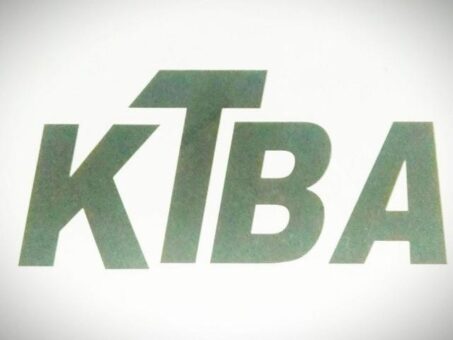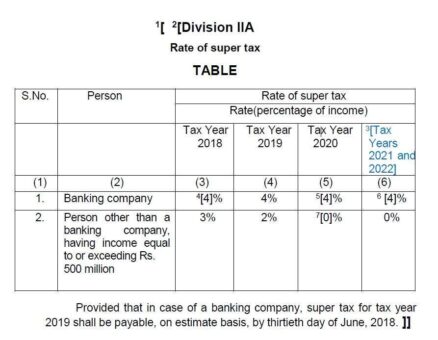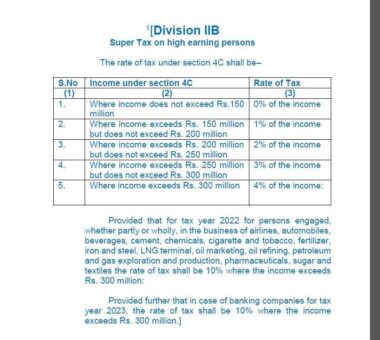ISLAMABAD: Federal Board of Revenue (FBR) on Monday invited applications to appoint advocates to strengthen its legal team.
The FBR said that it had subordinate offices all over the country, and was in the process of evolving a smart legal team for its sub-ordinate offices to plead the departmental cases of Inland Revenue before various courts.
READ MORE: Pakistan establishes directorate to detect nuclear material at customs stations
Legal team shall be hired at regional level at different stations of Inland Revenue Field Formations i.e. Islamabad/Rawalpindi, Lahore, Faisalabad, Multan Sialkot, Bahawalpur, Gujranwala, Sahiwal, Sargodha, Abbottabad, Peshawar, Karachi, Hyderabad, Sukkur and Quetta.
Description of work includes:
— Panel Advocates shall provide legal opinion / endorsement / recommendations on matters relating to taxation or services.
READ MORE: FBR gathers dual nationality information of customs officials
— Shall appear before the various courts on the direction of the department.
— Help in preparation of parawise comments wherever required for vetting by the department and for submission before the courts.
— Convey the court’s directions to the department in time.
Terms and Conditions
READ MORE: Sales tax return lacuna traps taxpayers: FBR offices issue show cause notices
— Candidates shall apply for one station, application for multiple stations shall not be considered.
— Candidates shall apply for the station of his/her residence/domicile/station of practice.
— Interview/call letters to eligible candidates shall be issued by the head of respective station as prescribed in FBR’s policy of advocates.
— Incomplete applications and applications received after due date shall not be entertained.
— Original documents shall be produced at the time of interview.
— No TA/DA shall be admissible for interview.
READ MORE: Baggage rules amended for lowering cash limit for outbound passengers
— The Competent Authority has the right to increase/decrease the number of Panel Advocates or cancel the hiring process at any time.
— Remuneration shall be given on case to case basis as per FBR’s professional fee structure.
Required Qualification and Eligibility
— Bachelor or Master Degree in Law.
— In case the degree is obtained from foreign university, equivalence certificate from HEC has to be submitted by the candidate.
— Enrolled in Pakistan Bar Council as Advocate High Court.
— At least 3 years practice/experience as Advocate of High Court in taxation or service matters.
— Having good reputation and professional competence.
— In case of retired officers of FBR who have served in Inland Revenue Service (IRS) or Pakistan Customs Service (PCS) for at least ten years, minimum one-year experience as an Advocate High Court is required.
— Excellent written & oral communication and presentation skills in English and Urdu.
How to apply
Interested candidates are required to apply and send their applications alongwith curriculum vitae, copy of CNIC, High Court enrolment card, academic credentials, and list of reported / un-reported judgements to the office of Secretary (Panel Advocates), Room No.517, 5th Floor, Legal Wing, Federal Board of Revenue (Hq), Islamabad within 15 days of publication of this advertisement.
Candidates who have already applied for appointment as Advocate on the Panel of FBR need not to apply afresh. The date of interview shall be intimated after shortlisting of candidates.







